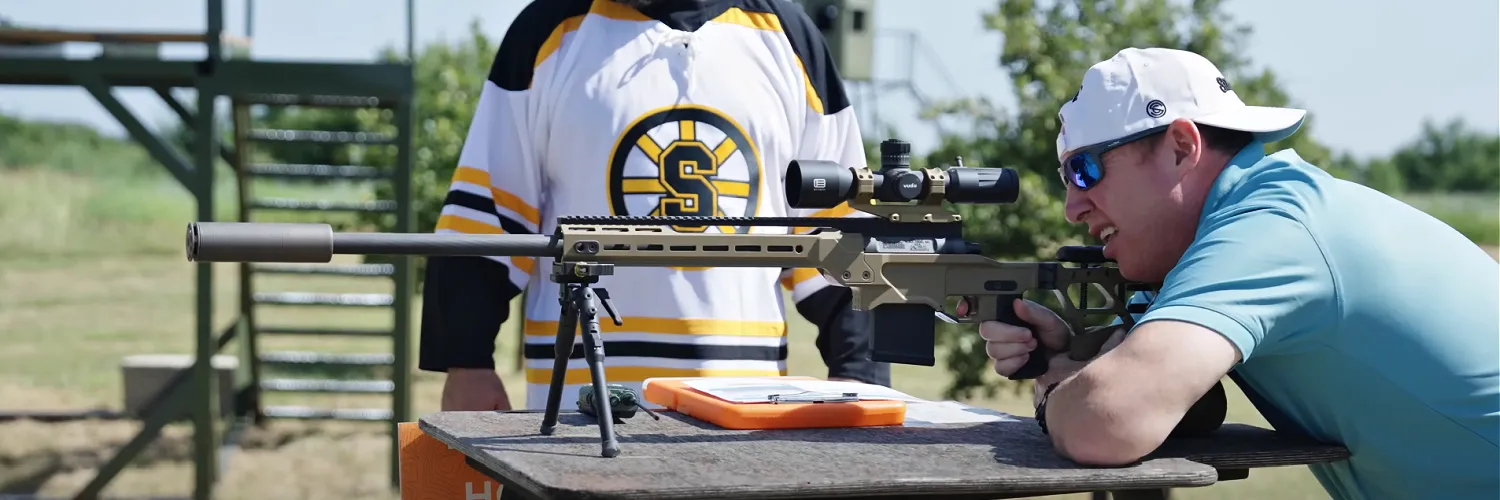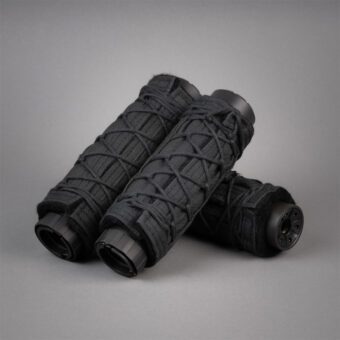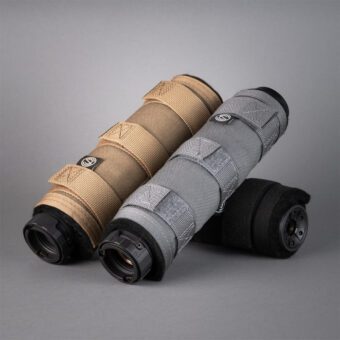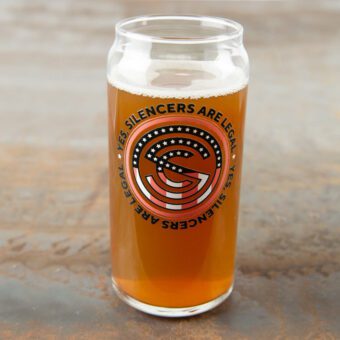Owning a Suppressor: Why Buying the Right Suppressor Matters
David Higginbotham
I’ve been preaching about the benefits of suppressors for more than a decade now. Ever since I put my first SilencerCo Sparrow on a bolt-action .22, I was sold. Call me radical, but I’d like to see every gun silenced. It makes the experience better all around.
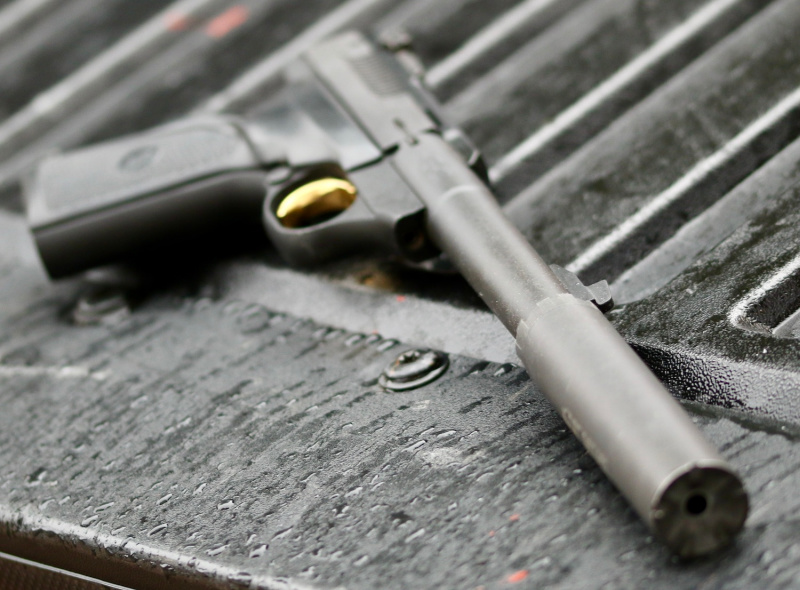
It's About Value
The benefits are numerous. Suppressors cut down on the obnoxious and damaging noise. A solid suppressor on rifle can reduce felt recoil and cut down on the flinching and tensing reactions many experience in anticipation of the loud bang of a gunshot. Suppressors can even mask your location on a hunt, acting as an auditory camouflage.
However, owning a suppressor comes with some responsibilities and considerations. And one of the questions I’m asked most frequently has to do with cost. Why does the price of suppressors vary so wildly, and what’s the difference between those at the top and those at the bottom?
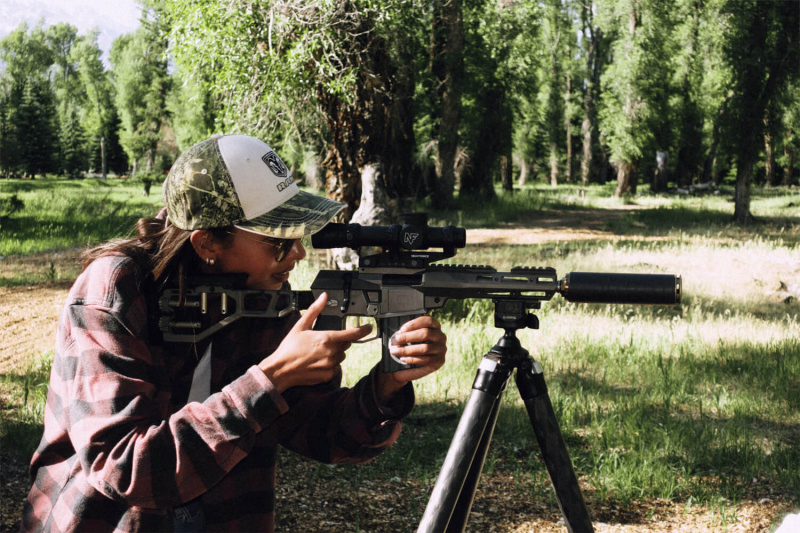
What Makes a Suppressor Cheap?
Let’s get back to the value proposition. A suppressor is not likely something you will buy and sell. While possible, there’s not much market for used suppressors. This isn’t because they wouldn’t work well — it has more to do with the additional paperwork required and the idea of giving up that $200 investment in the tax stamp (which is not transferable).
Most of us look at a suppressor as a lifetime purchase. We know full well we’re going to keep them, so we put a tremendous amount of thought into finding the right one. We look at the weight of alloys, the performance of elaborate designs and mounts, and caliber capabilities….
For those hunting on foot, where weight matters, the Scythe-Ti, with its minimalist design and reliance on titanium, is ideal. For high-round count reliability on an SBR, the Velos LBP combines 3D printed Inconel with stainless steel to increase performance without the hassle of blowback. And for a silencer that can handle anything, even those hard-hitting .45-70, there’s the Hybrid 46DT.
Weight. Versatility. Sound suppression. There are many factors to consider. Buying a suppressor is a long-term commitment; you’ll want to get it right.
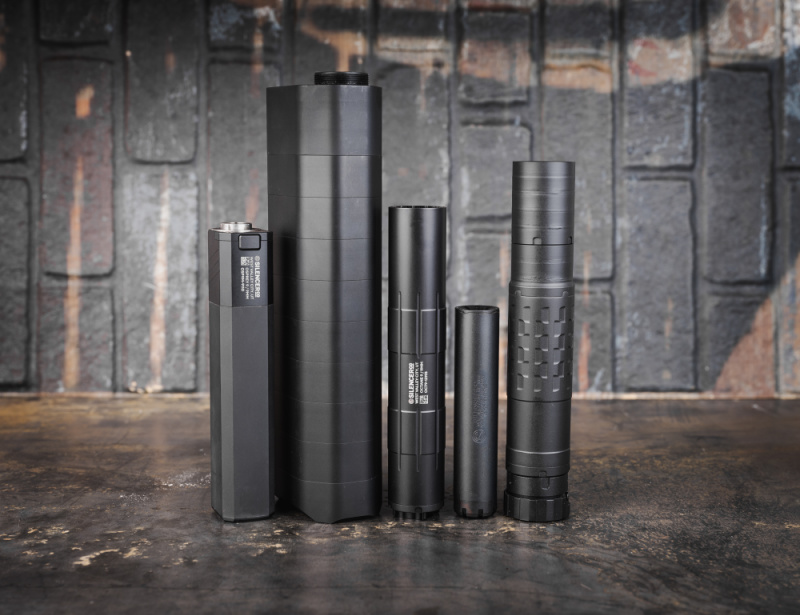
The Value of Quality
It isn’t just the cost. Material construction of a suppressor and the thought put into its design will significantly increase the lifespan of a can — and it is this lifespan that represents value.
Let’s go back a bit. A few years ago, all Form 4 applications were paper-based. Once those papers arrived at the BATFE, the data would be entered manually. This was both time consuming and led to the occasional error. Time is money. Wait times were often over a year.
The tax stamp itself represented a significant investment, too — one that has not adjusted to inflation. $200 now is still real money, but 30 or 50 years ago that same $200 had much more buying power.
When you combine the slow processing time with an expensive tax stamp, all suppressors seemed somewhat expensive (and we haven’t gotten into the relative scarcity of some of the alloys used in the most durable designs).
If you look at the state of this industry today, you’ll see faster turnaround times from the digitized Form 4 process. $200 doesn’t seem like such a hit. Some companies are taking advantage of this and selling suppressors that cut costs with oversimplified designs and basic materials. These suppressors provide lackluster sound suppression and may not stand up to the abuse of regular use.
When there is a problem, these bargain basement cans won’t include warranty protections. Then what do you have? A tax-stamp on a paperweight.
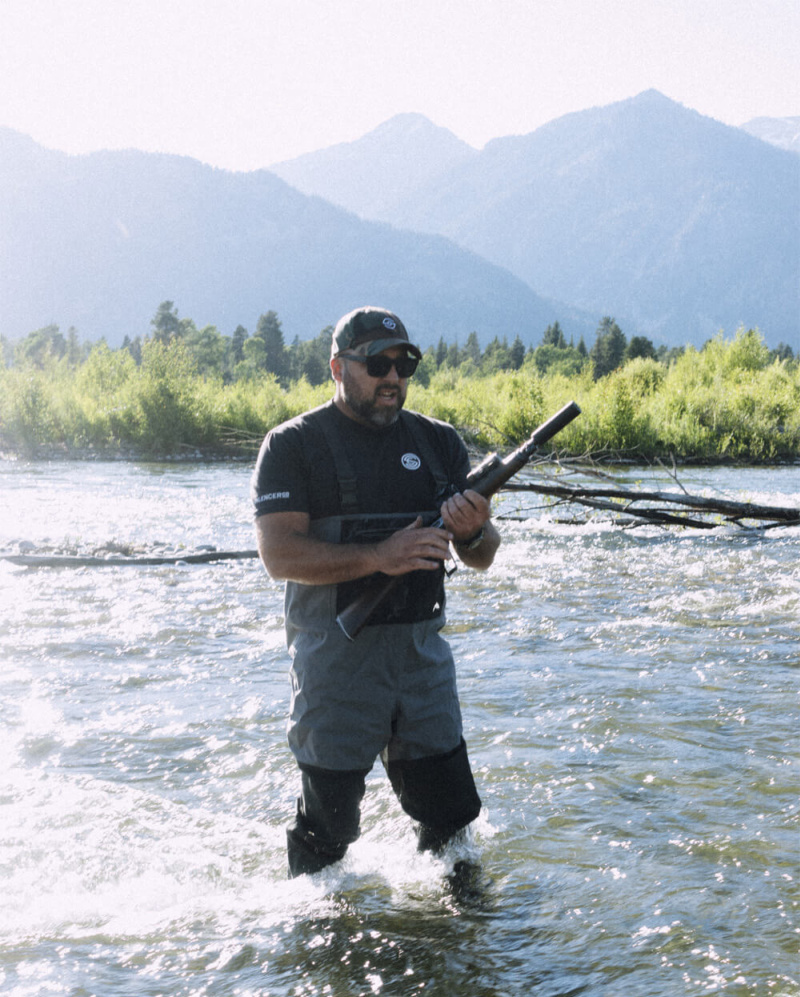
Material Costs and Complexity
This doesn’t mean you have to fork out absurd wads of cash. I’ve talked to some gun owners who can’t rationalize why a suppressor would cost more than the rifle that hosts it. The answer, though, is easy enough to explain.
Titanium and Inconel and Cobalt — these metals are not as easy to machine as aluminum and steel (both of which still have a place in suppressor design). Yet all these materials have performance thresholds that make them ideal for specific applications.
There are material costs at play and added costs that derive from the complexity of working these materials to the demanding tolerances necessary for suppression. And these combine to increase the cost — but the exquisite craftsmanship and ideal material construction will ensure that your suppressor will outlive you.
And if for some reason the suppressor does have an issue, you’ll want warranty protection. SilencerCo offers a lifetime guarantee on materials and craftsmanship. Take care of your suppressor and it will outlive you.
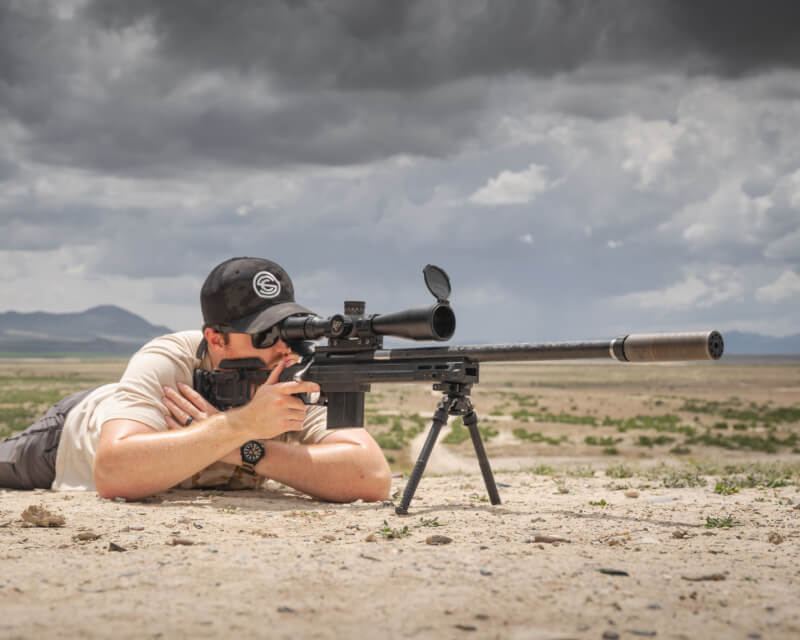
How Do You Pass On Your Suppressor?
When we say buying a suppressor is a lifetime purchase, we mean it. This is why you will need some basic estate planning in place to pass this on after you pass.
One of the easiest ways is to establish a trust before you purchase the silencer. You can add members to the trust, heirs for example, and the question of inheritance is easy to understand.
If you own a suppressor outright, outside of a trust, make your intentions clear in a will. Consider who the suppressor will pass to, and their legal eligibility. These are complex subjects, and I’d highly recommend talking to a lawyer with some expertise in estate planning. There are lots of resources available online, too, to help inform you of your options.
What do you do with your suppressor paperwork?
There are numerous everyday considerations for those who own silencers, but a bit of common sense is all that’s required to tackle the practical concerns.
The first one I’d consider is the paperwork. When your tax stamp arrives, it is oddly formal feeling. I make copies of my papers and keep those copies in a couple of key places. While you’re not legally required to have them on you, many choose to keep a copy near the suppressor.
I tend to tuck a copy behind the foam in a rifle case. There’s an additional copy in my safe. When I’m traveling, especially across state lines, I keep a folder with copies there. I also keep images of them digitally accessible and password protected on my phone.
A bit of organization ahead of time keeps everything clean, just on the outside chance that questions are asked. As for the originals — well, those are stored someplace safe. They’re protected from fire and flood and easily available, should they be needed.
I don’t get nearly as many “why should I own a suppressor” type questions anymore. The answers are clear enough. I’ve got a raging case of tinnitus from a lifetime of shooting unsuppressed, which makes me think I should have pulled the trigger on my first suppressor purchase years before I did.

Responsible Suppressor Ownership
But maybe the next level of this journey for some isn’t why, but how to own a suppressor. And here, the answer is equally simple: be responsible.
Buying a suppressor still represents a significant purchase for most of us, so find the best design and the ideal materials and get it right the first time.
As you would with all guns, keep your suppressors securely locked up when they’re not in use. Transport them in protective cases. Exercise regular maintenance where needed (especially on rimfire suppressors like the Sparrow or the Switchback).
One guarantee I can make now is that you’re going to cease to be. Don’t make your heirs suffer the needless chaos of probate and the obnoxious chaos that often surrounds estate dispersals. Plan ahead and communicate your plans to someone.
Do your homework and explore your options. Consider your calibers, where you’ll want to use the suppressor, and how you’ll mount it to your gun.
If you’re just starting out with suppressors, don’t miss New to Silencers? Watch This — it’s a great place to get familiar with the basics.



